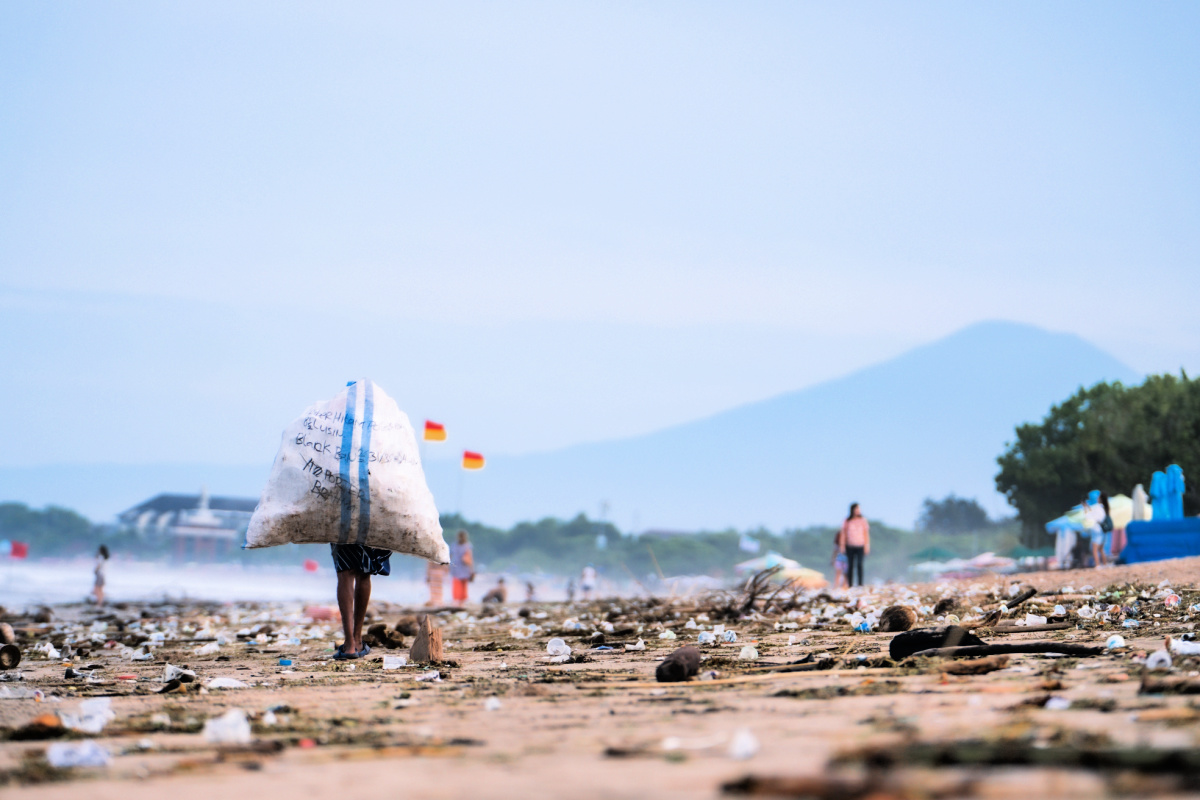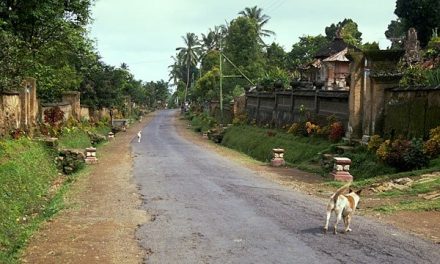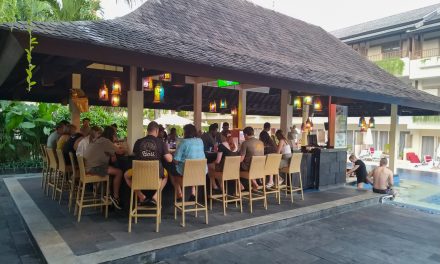Bali is on the brink of a significant transformation in its waste management practices, and while this topic might not capture the attention of the average tourist, the implications will be felt across the island soon enough. From hotels and villas to cafes and beach clubs, the way these establishments handle waste will undergo considerable change, thereby impacting the experience of visitors as well. Let me share with you some insights on what this means for both locals and tourists alike.

Closing the Suwung Landfill: A Necessity for Bali’s Future
The Indonesian Government has issued a strong directive to close Bali’s largest open landfill, the Suwung TPA. This site, which has been operating beyond its capacity for years, was initially scheduled to shut down in November 2022, coinciding with the G20 Summit. Unfortunately, it has continued to accept an overwhelming amount of waste daily.
As a Bali frequent visitor, I remember the time I stumbled upon the sight of the Suwung landfill; the scale of trash was daunting. I initially thought it was just a temporary problem, but as I learned more about it, I realized Bali’s environment was at stake.
New Policies to Transform Waste Management
A radical shift is necessary, and the new orders from the Indonesian government assert that Bali’s landfill sites, known as TPAs, will no longer accept waste from the tourism sector. This move is critical in shaping a sustainable future for the island.
Government Actions: Commitment to Change
Recently, Norma Tahar, the Director of Waste Management for the Ministry of Environment, visited Bali to solidify the government’s commitment to closing the Suwung TPA. She emphasized that discussions are ongoing, but closure is non-negotiable.
In her words, “We will intensively discuss land options outside Denpasar and Badung Regency. Hopefully, in the near future, we will come to a permanent decision which is fixed.” This proactive approach resonates with those of us who are invested in Bali’s well-being.
Addressing Public Health Risks
This landfill presents severe public health risks, especially as rainy seasons approach, with potential trash landslides becoming increasingly likely. The tremendous pile of waste—reaching 35 meters—highlights the urgency of the situation.
In October 2024, we saw this risk manifest when a fire erupted at the site, underscoring the hazards of allowing such a massive amount of waste to accumulate. The rains also bring the threat of flooding, further complicating the situation.
Hospitality Sector Support
The hospitality sector has shown strong support for the policy restricting waste from tourism-related businesses from entering landfill sites. I Gusti Agung Ngurah Rai Suryawijaya, Chairman of the Indonesian Hotel and Restaurant Association (PHRI) Badung, stated, “It’s not a problem for us in the hotel sector because we are used to sorting waste.” His positive outlook stems from a familiarity with sustainable practices that resorts and hotels have adopted to manage waste effectively.
Looking Ahead: A Collaborative Future
Suryawijaya has optimistic visions for Bali’s future, emphasizing that tackling challenges like waste management, traffic congestion, and infrastructure is paramount. With over 4,000 registered accommodations in Badung, including everything from luxurious resorts to small family-run businesses, collaboration is crucial.
He noted, “The Government as a regulator, the industry as an executor, and the community as a supporter must collaborate with each other.” As a community member, this sentiment rings true; each of us has a role to play in shaping a better future for Bali.
On the 27th of November, Bali will choose its new provincial governor. The contest is between Wayan Koster and Made Muliawan Arya, both of whom have discussed waste management and tourism issues during their campaigns. With careful leadership, we hope to see significant progress in making Bali a cleaner, more sustainable paradise for everyone.
Conclusion: Your Role in Bali’s Sustainability Journey
Every Bali visitor can contribute to this new waste management initiative. Whether it’s reducing plastic use, supporting eco-friendly businesses, or advocating for sustainability in travel practices, your choices matter. Let’s come together to support these significant changes and protect the beauty of Bali for generations to come!






